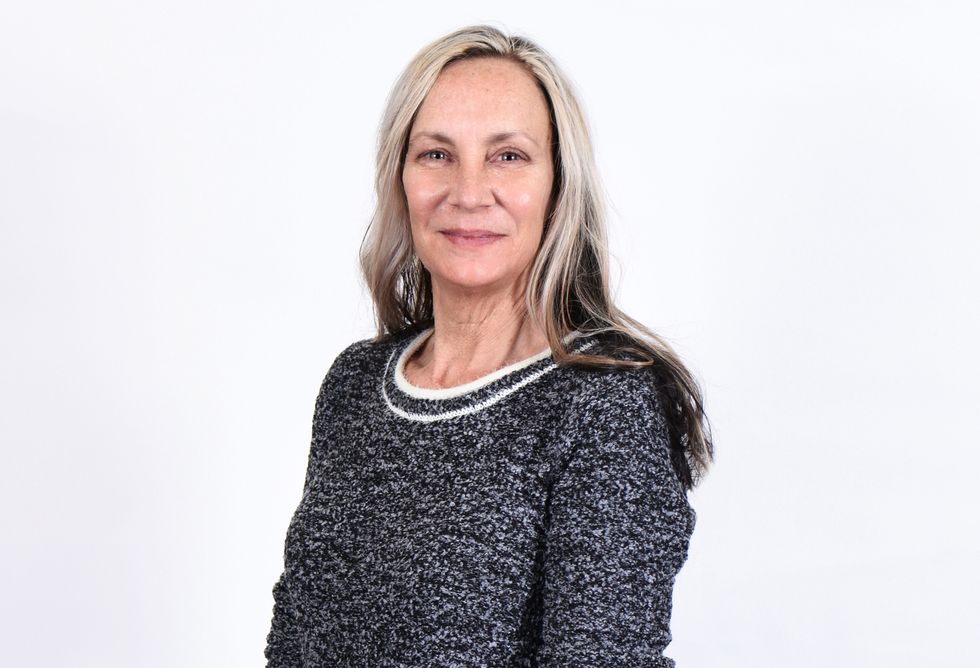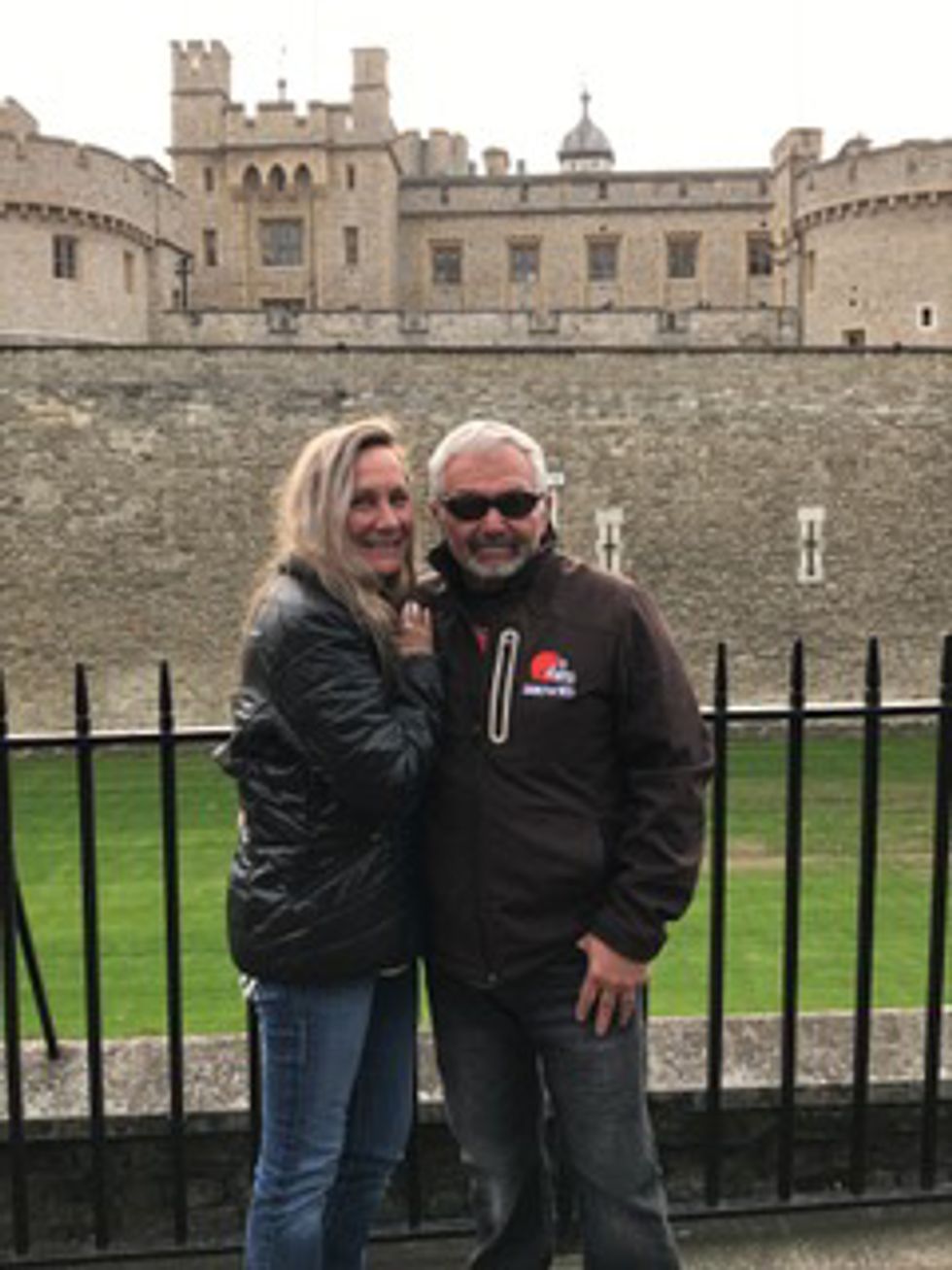Nina Mayo and husbandBella Mi Photography
The moment my husband turned 50 years old, I made him get a colonoscopy. I wanted to make sure there was nothing wrong with him. But when I turned 50, I chose not to get a colonoscopy.
Before you assume that I don't take care of my health, let me assure you I do. I am the woman who keeps up with her health care appointments, researches health information online and leads an active life.
I originally chose to not get a colonoscopy because I thought it was a huge inconvenience—with some undesirable prep, and although rare, potential risk—and because I have no family history of colon cancer, why would I waste my time? My job keeps me very busy, and I'd rather spend time off from work doing something enjoyable.
Since I have a great relationship with my health care provider, she listened to my concerns about receiving a colonoscopy. She still pushed for me to get screened for colon cancer, and offered the option of taking a Cologuard test, which is noninvasive and can be taken at home. I said to her, "Oh, is that the test I’ve seen advertised on TV that uses a stool sample?"
She replied, "yes," with a smile, and we agreed this was a good option for me.
For those who aren't familiar with Cologuard, it's a test that uses advanced stool DNA technology to find elevated levels of altered DNA and/or hemoglobin that could be associated with cancer or precancer. Basically, you provide a stool sample using the simple collection kit, send it off, and then receive your lab results from your health care provider.
If you test positive for signs of cancer or precancer, you get a follow-up colonoscopy. If you test negative, that means the test did not detect potential cancer or precancer, and you should continue regularly getting screened as your health care provider recommends.
I took the test with certainty that my results would come back negative. I was wrong. My test came back positive. I was shocked. It was like someone punched me in the gut. I did not expect this at all.
After my positive test result, I knew I had to get a colonoscopy. At this point, I was more than willing to schedule my appointment. My health care provider referred me to a specialist, and I quickly booked my colonoscopy.
It was good—no, great—that I had a colonoscopy, because they found a large villous adenoma and a smaller tubular villous adenoma. That information initially meant nothing to me, but the doctor performing my colonoscopy told me that if left untreated, these adenomas could have turned into cancer. Out of my two adenomas, the villous adenoma was more dangerous and difficult to detect.
Given my positive Cologuard test result, my doctor told me he was particularly thorough in his examination during my colonoscopy.
Even though the adenomas were successfully removed, I am now and will forever be considered to be at high risk for colon cancer. It still shocks me. I was 100 percent certain I didn't even need to get a colonoscopy—I found it silly—but now I am, despite no family history, high risk for colon cancer.
I think back to the beginning of this journey when I received the Cologuard test and joked with my husband as I brought it into the bathroom, completely confident my result would be negative. I had no signs or symptoms that would lead me to believe anything was wrong.
I've learned now that not all health issues present themselves—some are silently lurking inside you and, without regular screening, we may miss them. I’ve since encouraged some of my friends to discuss colon cancer screening with their doctors.
If you're like me, not wanting to go through a colonoscopy if you don't have to, I'd recommend you discuss Cologuard as an option with your healthcare provider. Don't ignore your health—take charge of it.
This resource is provided by Cologuard
About Cologuard
Cologuard was approved by the FDA in August 2014 and results from Exact Sciences' prospective 90-site, point-in-time, 10,000-patient pivotal trial were published in the New England Journal of Medicine in March 2014. Cologuard is included in the American Cancer Society's (2014) colorectal cancer screening guidelines and the recommendations of the U.S. Preventive Services Task Force (2016) and National Comprehensive Cancer Network (2016). Cologuard is indicated to screen adults of either sex, 50 years or older, who are at average risk for colorectal cancer. Cologuard is not for everyone and is not a replacement for diagnostic colonoscopy or surveillance colonoscopy in high-risk individuals. False positives and false negatives do occur. Any positive test result should be followed by a diagnostic colonoscopy. Following a negative result, patients should continue participating in a screening program at an interval and with a method appropriate for the individual patient. Cologuard performance when used for repeat testing has not been evaluated or established. For more information about Cologuard, visit www.cologuard.com. Rx only.







